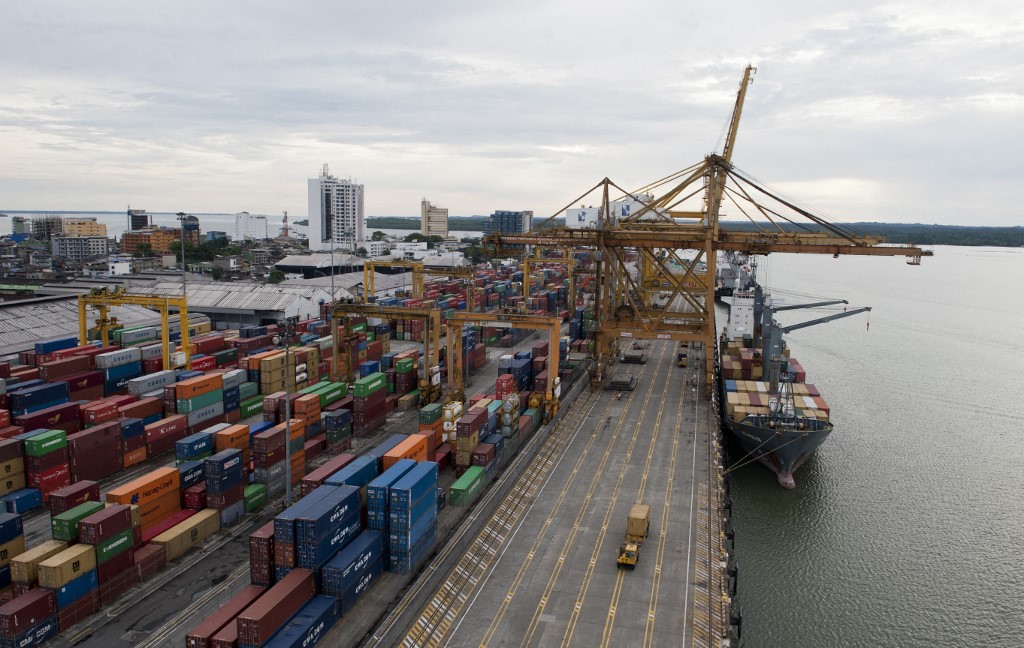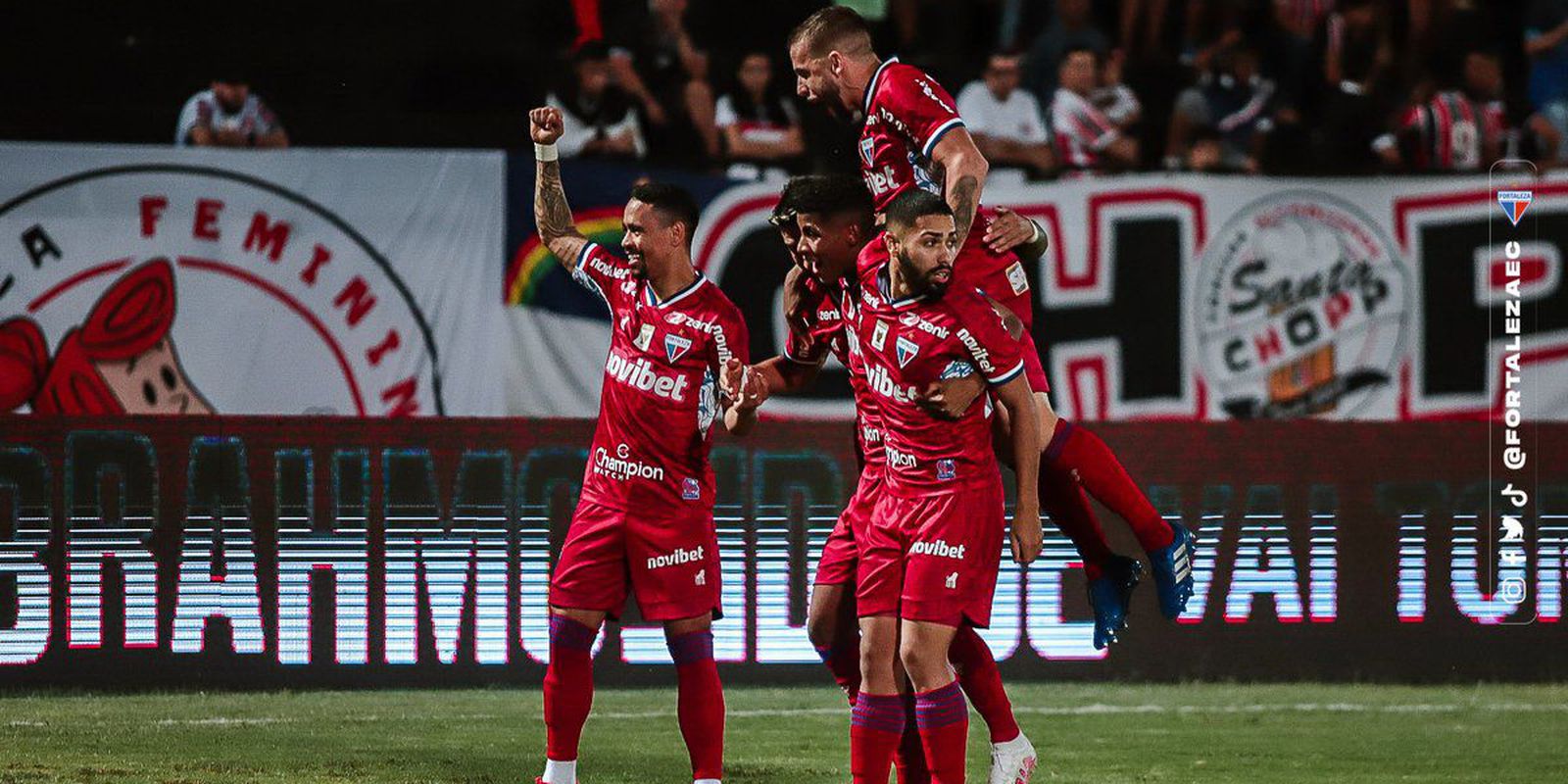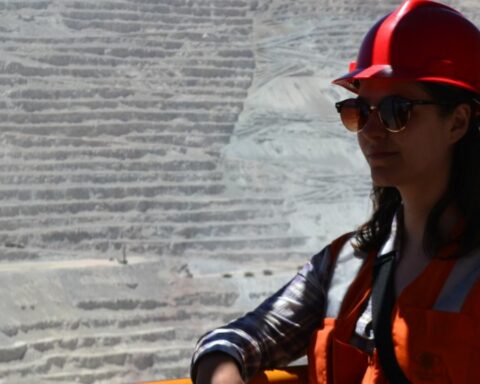When opposition parliamentarians decided to take the case of pardons to the Constitutional Court (TC), the issue was prosecuted and acquired specialist language that was difficult for ordinary citizens to understand. This favored, in a certain way, the Government and the Minister of Justice, Luis Cordero, because it took the controversy out of the political sphere and encapsulated the matter between constitutional lawyers and the academic world. There were few spaces where it was explained in detail what the Constitutional Court was discussing and the consequences of having gone to the Constitutional Court for the first time since the return of democracy on this issue. In this interview, former Supreme Court minister Pedro Pierry explains the repercussions that what happened will have in future pardon cases and, furthermore, whether he can continue to insist on this case in the judicial sphere.
Pierry has a long career in the Judiciary, where he served as a minister of the Supreme Court between 2006 and 2016, and then as a member of the Supreme Court from 2018 to 2021. During his term as minister, he presided over the Third Chamber of the highest court between 2014 and 2016 and was minister of the Qualifying Court of Elections from 2010 to 2014, among other various positions. Currently, he is a professor of Administrative Law at the Law School of the University of Valparaíso, adviser to the Administrative Litigation Committee of the State Defense Council, adviser to the Judicial Committee of the Comptroller General of the Republic and consultant to the Quintana Ried law firm. Flowers.
-What do you think about the recent resolution of the Constitutional Court (TC)?
-This is an essentially political issue, it is not a legal issue. Here an attempt has been made to give this debate a legal character, stressing the institutions, because they seek to obtain a legal solution to a problem that is not legal.
Why isn’t it legal?
-It is not legal because the presidential attribution of pardons is an essentially discretionary attribution. In fact, if “Jack the Ripper” were Chilean, and had been found and convicted, the President could pardon him if he deems it appropriate. Now, that of course has political consequences, but it is not a legal issue. Now, I recognize that there may eventually be some kind of legal argument, but it is an argument that does not have suitable means, it could be an ordinary trial, which would take years, much longer than the duration of this Government.
-And what do you think about taking the case to the Constitutional Court (TC)?
-The mission of the Constitutional Court (TC) is to review the constitutionality and this is not a problem of constitutionality, it is a problem of legality. In fact, in my opinion, the TC should have opted for its inadmissibility. Finally, I believe that it was declared admissible because public opinion would not have been able to understand said decision, but I believe that it was inappropriate to resort to the TC, and the only thing that is achieved by sending it to the TC is to stress the institution.
Why is it a legal problem?
-The issue of legality, in the case of a discretionary act like this, is subject to what the President’s motives are. It is the administrative act that must be analyzed. And said administrative act has its foundations that justify its legality. Therefore, and understanding that from a legal point of view it is very difficult to question this type of administrative act, if there is a questioning it would have to be dealt with in an ordinary trial that lasts for years. From a political point of view, this may have other consequences that can be discussed.
– What can be that political discussion?
-The political discussion exceeds my analysis. I believe that, from a legal point of view, there are no suitable ways to question this presidential resolution, which is based on discretion. The TC should never have been used in the case of pardons.
-What is the effect on the TC of this case?
-When an institution, call it TC or Supreme Court, which has to rule on the law, is presented with an issue that is essentially political, whatever its result, it will be inevitably questioned from the political point of view. So, the institution is the one that suffers, but it suffers because a question that is of a political nature is posed to it. The issue of pardons is over from a legal perspective.
-And what do you think of the behavior of the TC minister, José Ignacio Vásquez, who did not agree with advancing the vote from Thursday to Tuesday?
-That’s irrelevant.
-How could President Boric’s decision be reversed?
-Here the constitutionality of the decree is not in doubt. It will be possible to discuss its legality, and at that point I say that there are no suitable paths, and that an ordinary trial would last many years. In an ordinary trial, to request the annulment of an act, it can take seven or eight years. The other way to request the annulment of the act could be a protection resource, but the guarantee of someone who has been violated is required, so it would not proceed in this case either. Nor is it feasible to ask the President to invalidate the decree, since the invalidation is not a resource but a power.
-Since the return to democracy there have been innumerable pardons, why only in this case has the TC been used?
-It seems to me that this matter, by having a political impact, has caused all these resources to be installed in the TC. All the statements that we have seen are because of the political impact. The truth is that it does not seem right to me that institutions of a legal nature are used to stress them and force them to make political pronouncements that the only thing that ultimately causes is the discredit of the institution itself. Who is wrong with this? The TC, and an institution that should be respected is stressed.
-And what do you think about the existence of presidential pardons?
-It is a presidential power that is in the Constitution. Now that a new Constitution is being drafted, perhaps it should be regulated that perhaps the President can grant pardons after a favorable report from a commission, among other options. The power to pardon per se, is a faculty that is in much of the world’s legislation. By way of example, Donald Trump, before leaving the White House, pardoned several of his friends who were in prison.
Now that they are going to change the Constitution, a discussion could be opened that is clearly legislative and constitutional. It just occurred to them that it may be necessary to legislate regarding the pardon.








